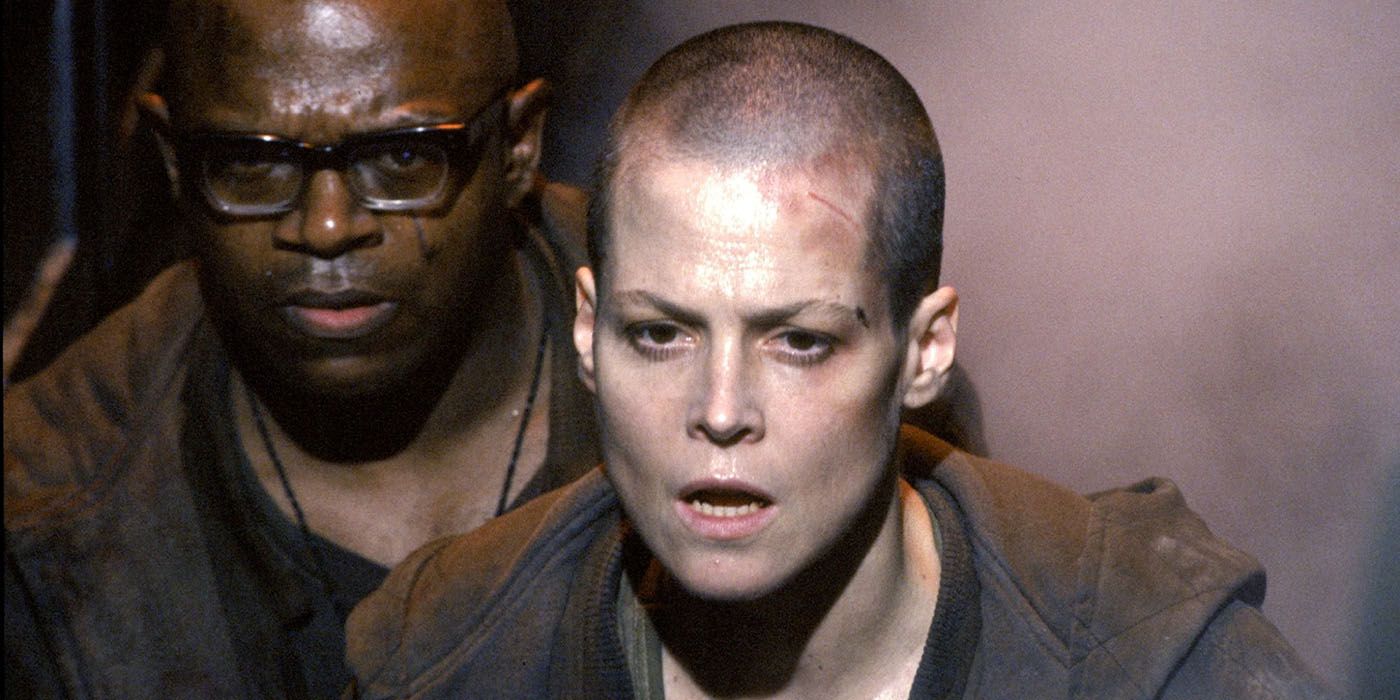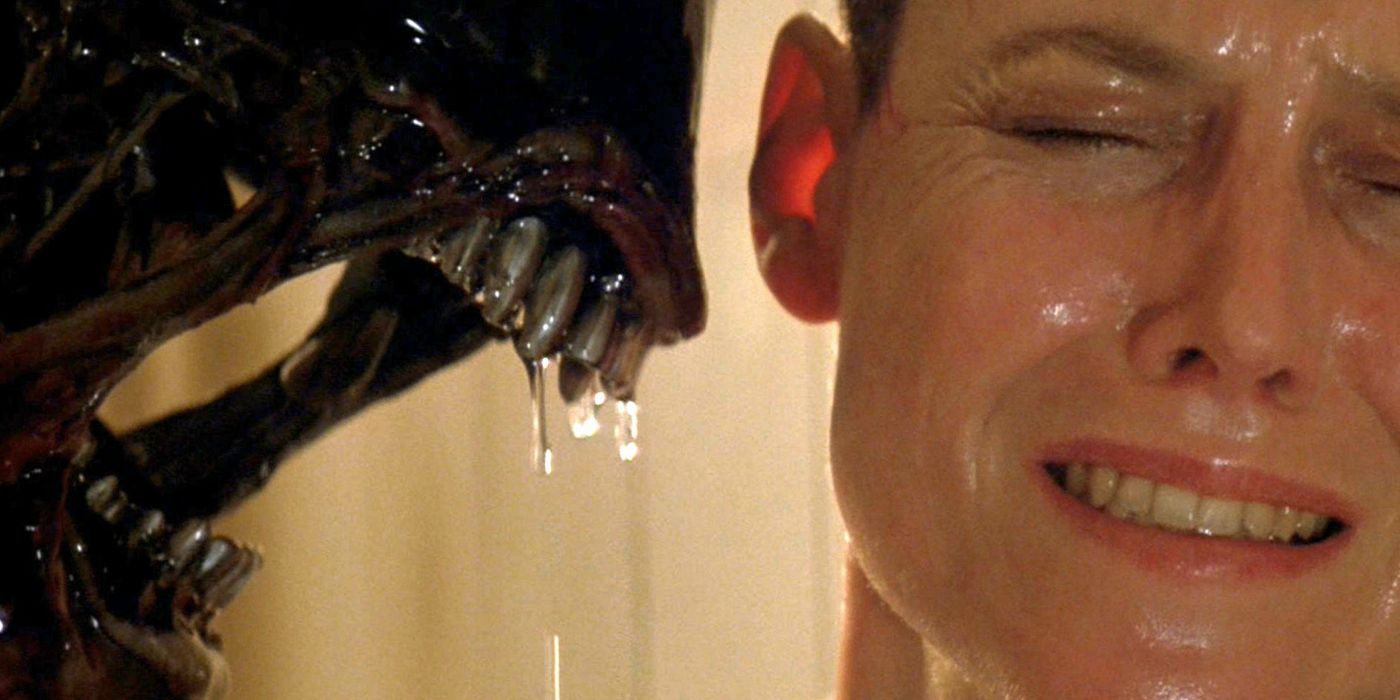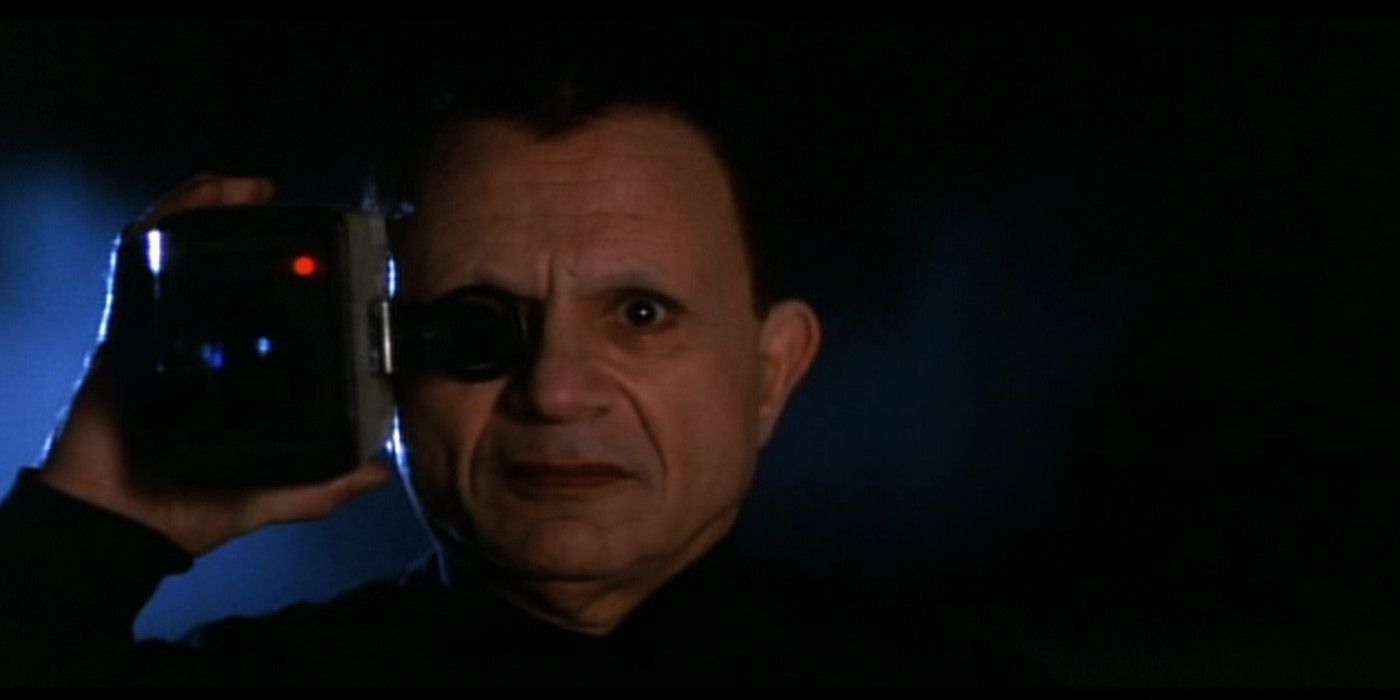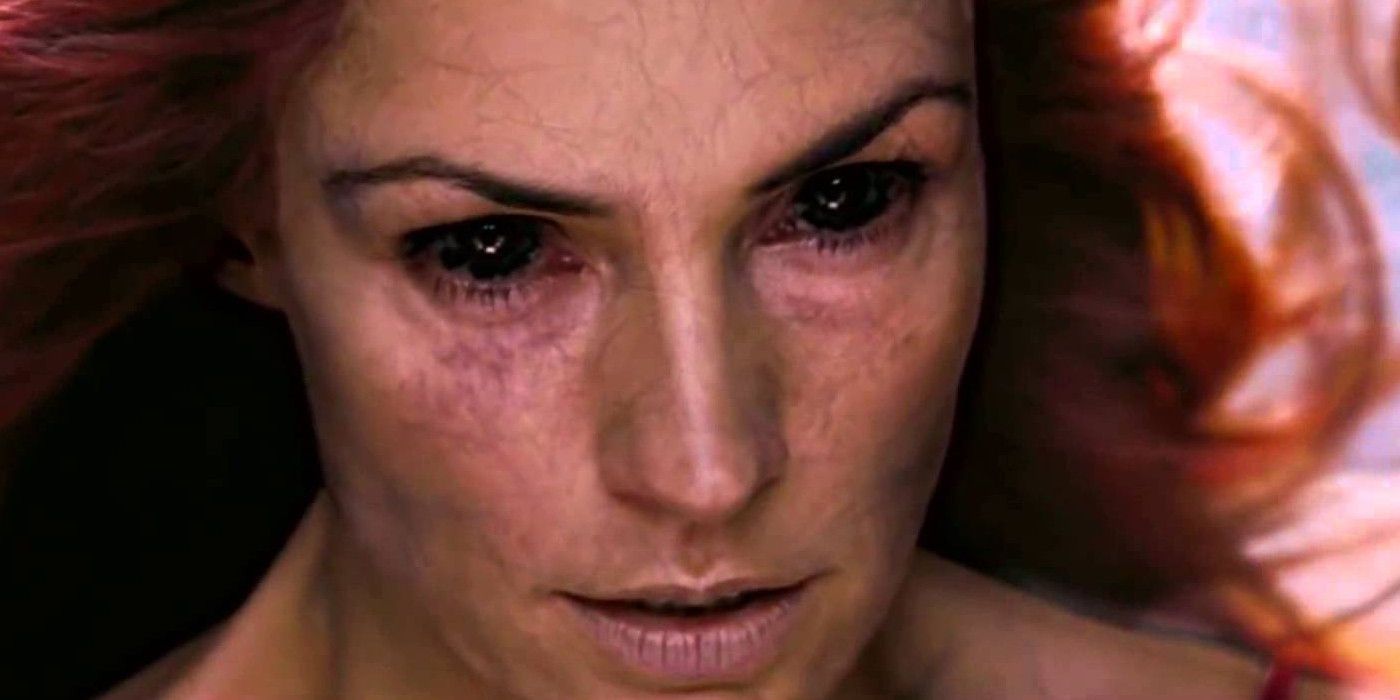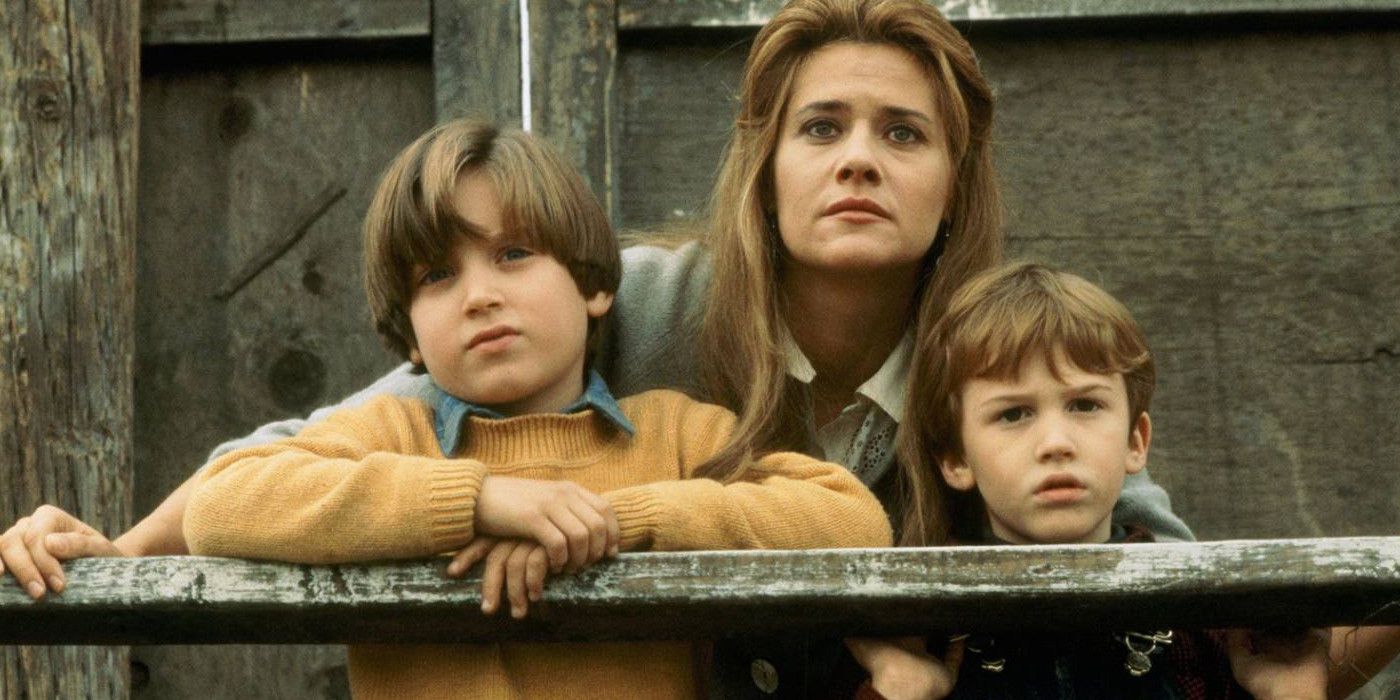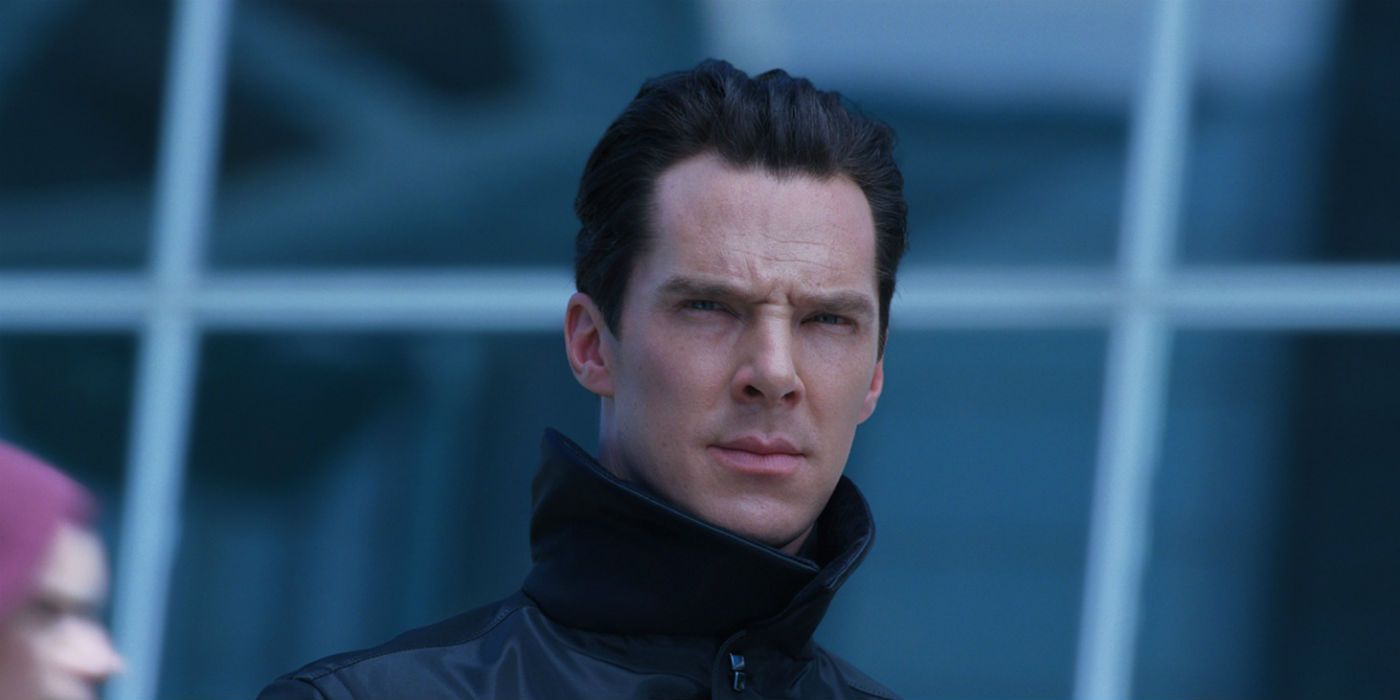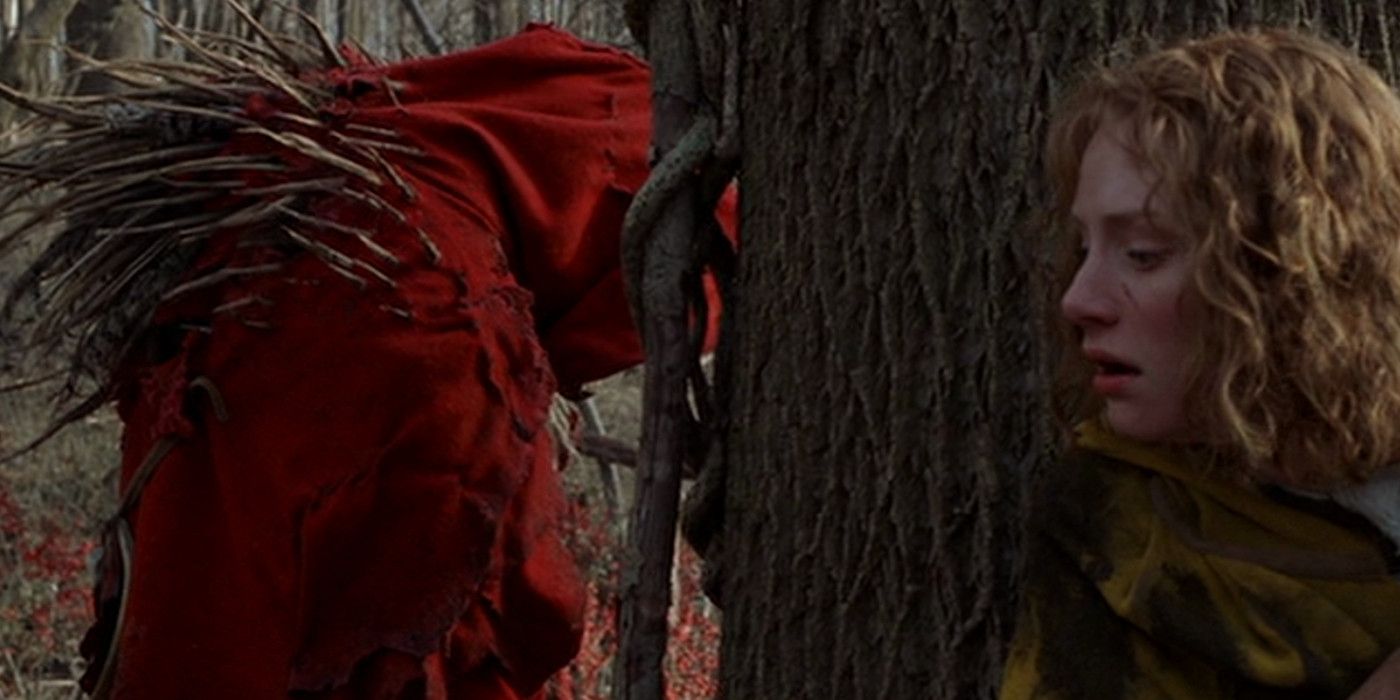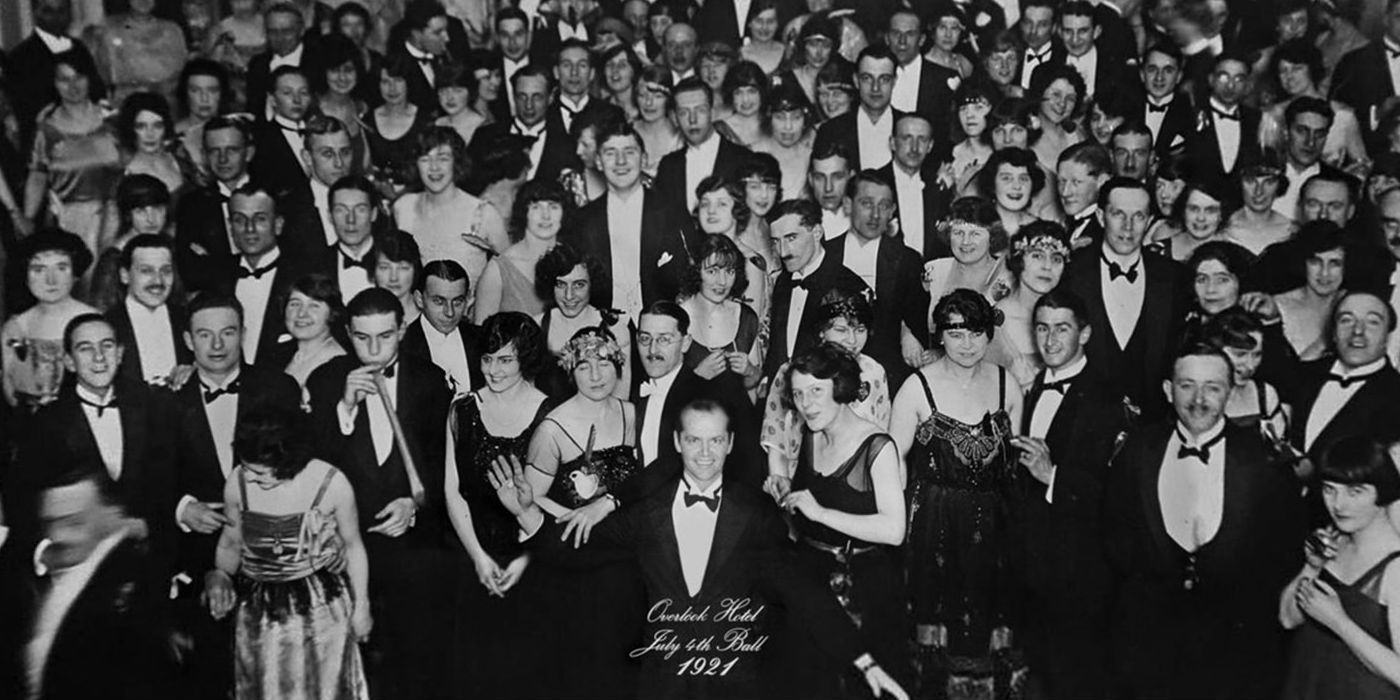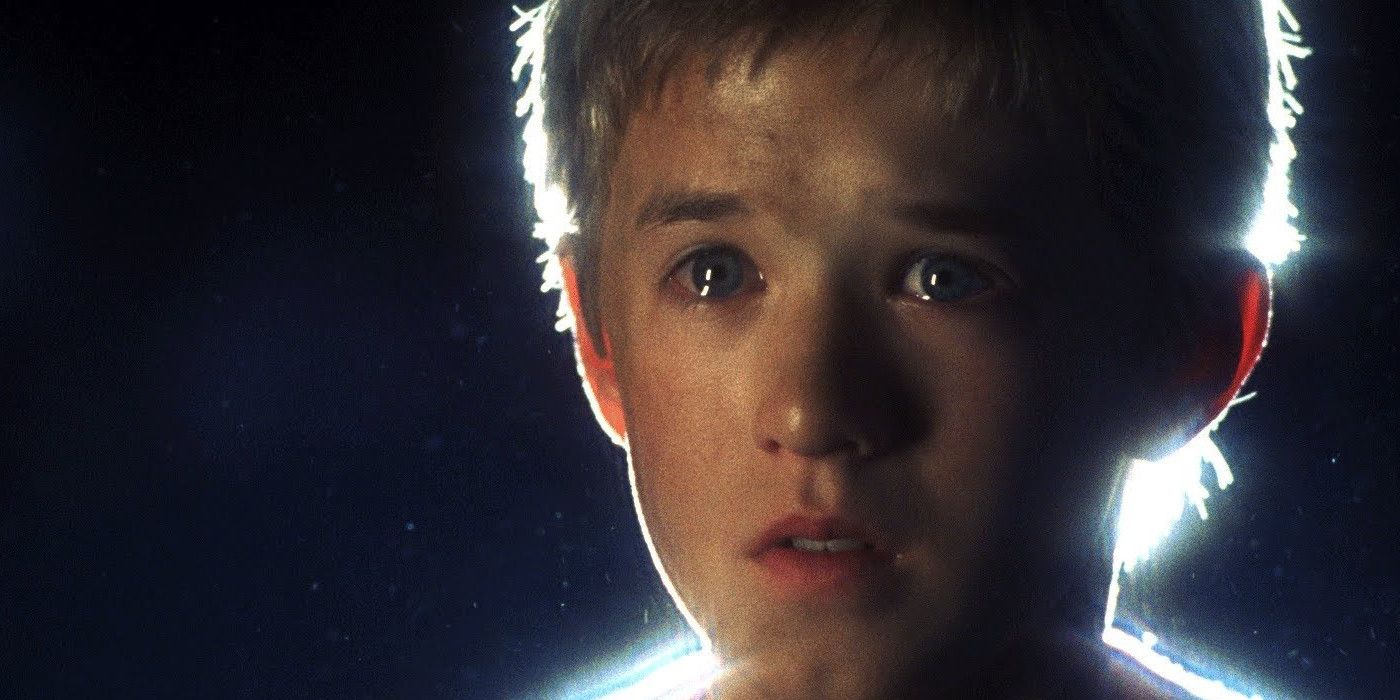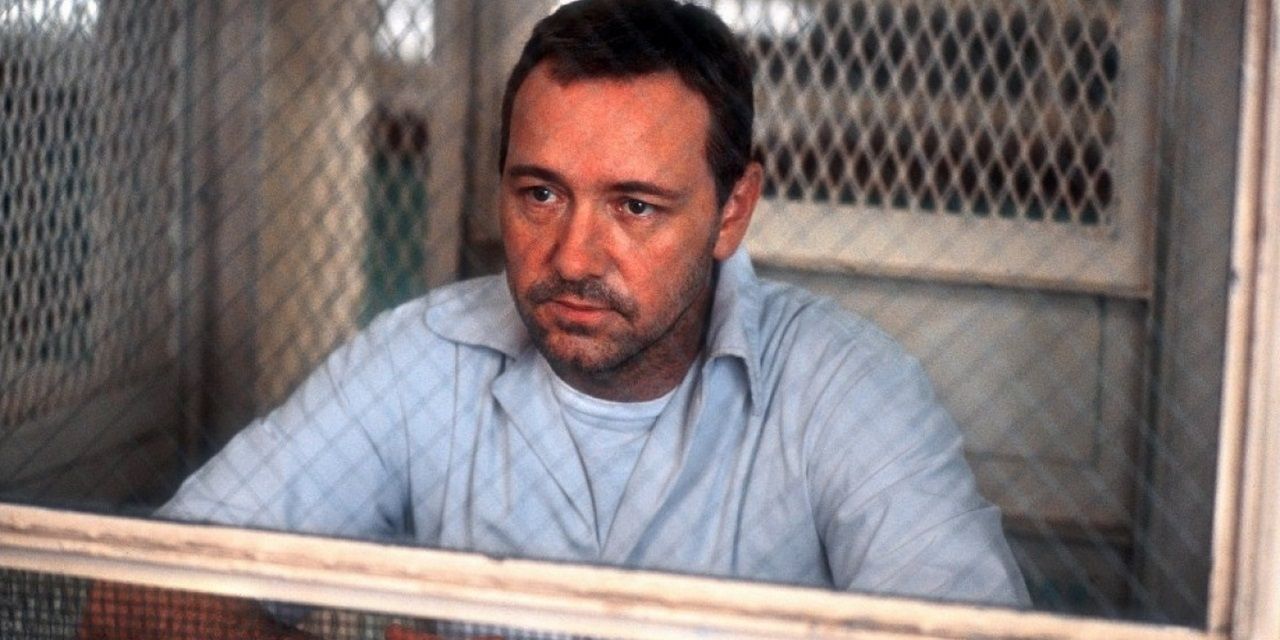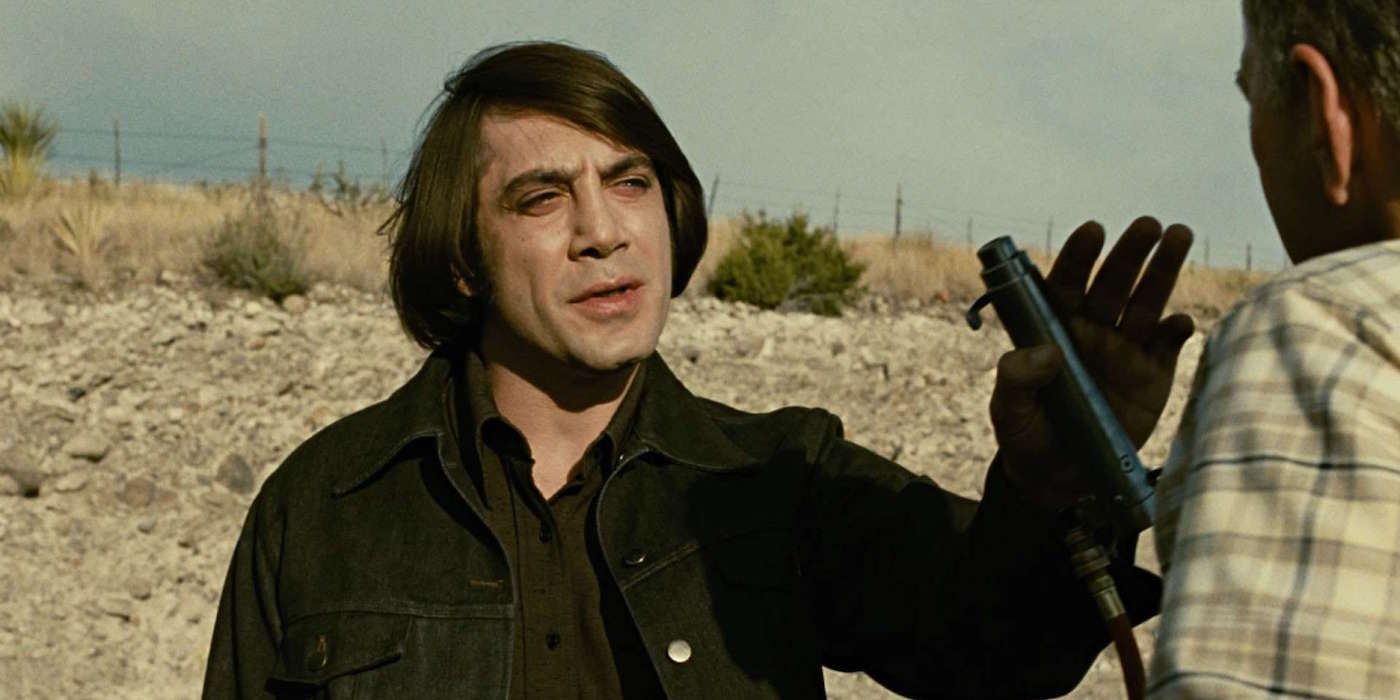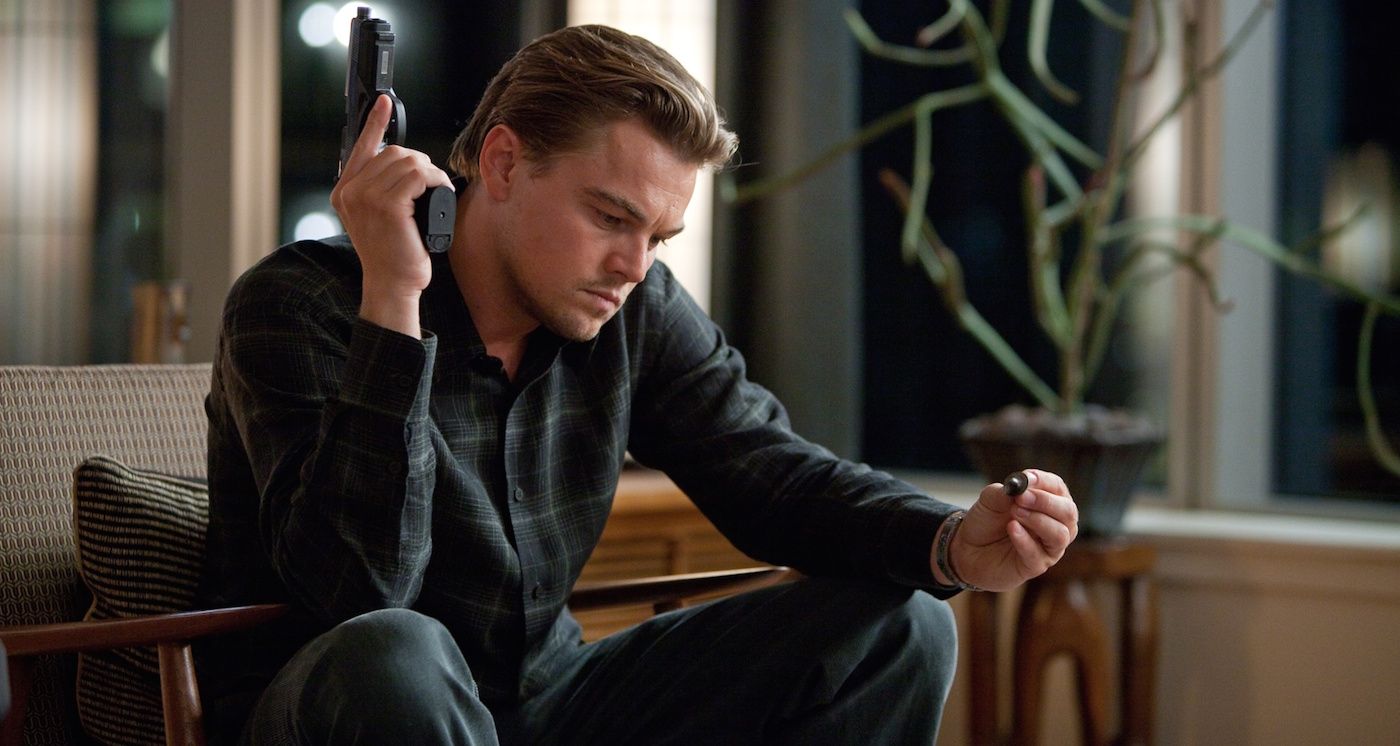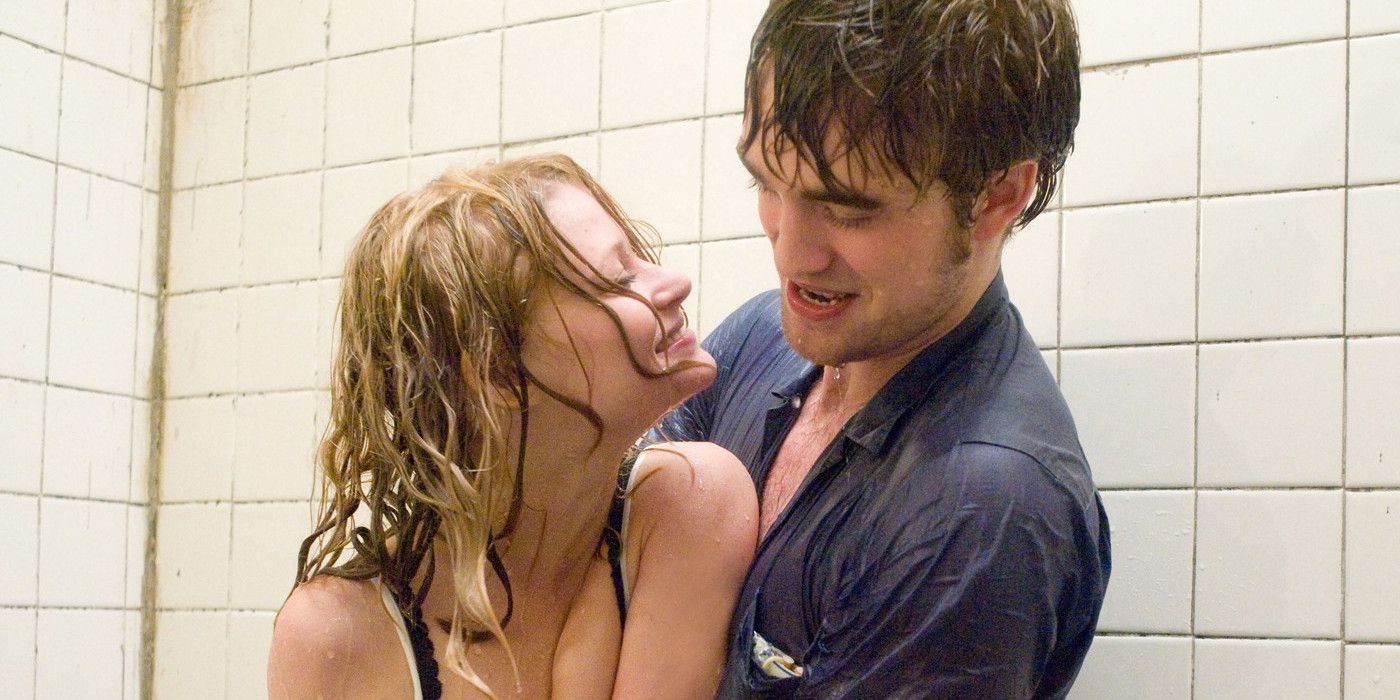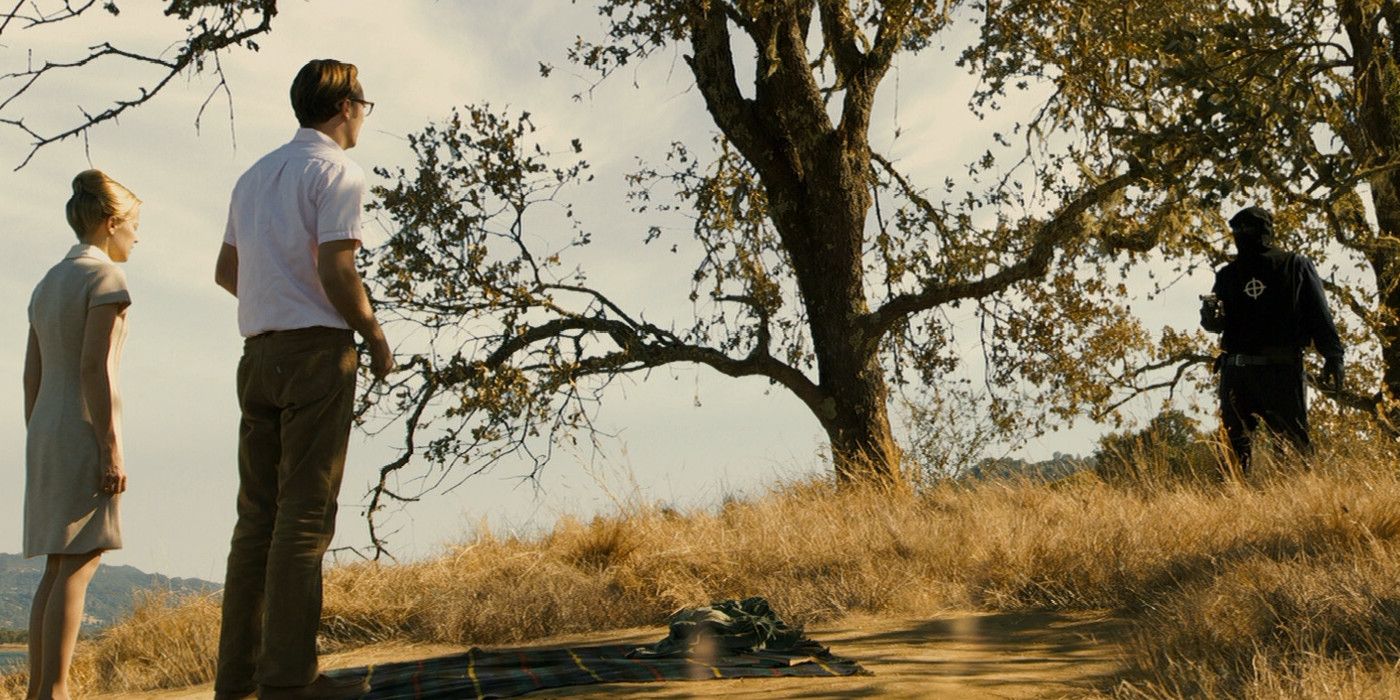[Warning: This post contains SPOILERS for the movies discussed]
-
Cinema has the power to move, to educate and to inspire an audience, but it can also really tick them off!
Sometimes this emotional phenomenon comes as a deliberate choice by a director. Other times, what he might intend as an artistic or provocative ending just manages to drive the audience nuts. Good movies do it. Bad movies do it, and an ending that inflames the passions of viewers can help make for a classic movie, or it can also condemn a film to the discount DVD bin at Best Buy. Either way, people remember the film, for better or worse.
The films listed here—in no particular order—all have that same kind of memorably infuriating ending. Some came about through studio meddling, bad test screenings or plain inept filmmaking. Others emerged from a director’s need to sear an audience with a powerful, provocative end to keep audiences talking about the film—and get some free promotion to help sell tickets. Some of these films are classics, others are downright godawful thanks to a bombastic or sloppy ending that discounted the events of the movie, or just plain made no sense at all. Submitted for your review and rage, here are The 15 Most Infuriating Movie Endings Of All Time.
15. Alien 3
First off, the entire theatrical cut of Alien 3 is an unholy mess. By now, the production woes have become legend: Fox greenlit the film without really knowing what it would be. It had no finished script, and series star Sigourney Weaver initially waffled on her commitments. When she finally did agree to reprise her role as Ripley, Vincent Ward had been signed to write and direct a sequel that would find Ripley living among Monks on a medieval planet. When creative tensions hit a fever pitch between Ward and the producers, he found himself out of a job and Alien 3 suddenly had no creative direction. Enter first time director David Fincher, who oversaw the production, reset to a mining colony populated by religious convicts.
Still, production proved disastrous. Fincher battled with the producers over budget and schedule, the script underwent constant rewrites during shooting, and ultimately Fincher quit the film. Expensive reshoots tried to restructure the movie, but only made it more confusing. The released theatrical cut also has an infuriating ending in which Ripley tries to commit suicide, only to have an alien fetus burst from her chest in the process. In essence, the alien wins—it kills our beloved heroine, whose sacrifice meant nothing. The better “Assembly Cut” suffers from much of the same nihilism and depressive philosophy, though it does at least improve the ending. Instead of the alien killing Ripley, she manages to cremate herself before it can burst.
14. Lost Highway
David Lynch movies have a bad habit of making no sense at all. Granted, for a director associated with surrealism that should come as little surprise. Even taken on their own logic, however—such as the term can even apply—Lynch’s movies often make no sense at all.
Take his late 90s nightmare Lost Highway. The film begins with a character played by Bill Pullman answering his front door intercom to hear the words “Dick Laurent is dead.” When he answers the door, nobody is there.
The movie goes from there, with Pullman’s character having strange visions of a burning cabin, and his wife having nightmares about a strange man. When his wife turns up murdered, Pullman is sent to prison, only to morph overnight into Balthazar Getty! As a totally different character, the police release Getty who soon encounters a woman identical to Pullman’s wife.
Still with me? OK…
The movie ends with Getty inexplicably turning back into Pullman, who rings his own doorbell and whispers “Dick Laurent is dead.” If you’re wondering what the hell any of that meant, you’re not alone. Critics derided Lost Highway for a total lack of substance and bombastic premise. As always, Lynch makes a movie of compelling style, though because it doesn’t pull itself together in the end, it annoys more than it satisfies.
13. X-Men: The Last Stand
Oh, the nadir of all mutant films, how violently angry you made your fans! Much like Alien 3 (also produced by Fox… go figure) X-Men: The Last Stand had a troubled production history that led to an infuriating film. Bryan Singer, helmer of the first two X-Men outings, had planned to return to the franchise with a big-screen adaptation of the classic storyline “The Phoenix Saga.” Before Singer could complete a script and finalize casting though, he received an offer from Warner Bros. to direct his dream project—a Superman film. When Singer announced he would direct Superman Returns before X-Men 3, Fox went ballistic. The studio decided to rush the movie into production, helmed by Brett Ratner, to beat Superman Returns to the screen. The studio also mandated that the film would effectively end the X-Men film series up to that point, capping off the films as a trilogy.
The agent of this mutant apocalypse: a “cure” serum that would nullify any mutation (in somewhat inexplicable ways, mind you: mutant hair or bone growths would simply vanish instead of falling out). The movie, which remains a sore subject among X-Fans to this day, ended with half the cast dead, and several key mutant characters—including Magneto, Mystique and Rogue—all losing their powers.
But wait! Fox had already begun to sense the fan backlash before X-Men: The Last Stand hit theatres, and decided to tweak the film in editing and reshoots. In the final moments of the movie, Magneto suddenly had his powers back! Fox might have thought that would quell the audience unrest, but instead it just fanned the flames. If the cure didn’t work and Magneto still had his powers, than what the hell did we all just sit through for two hours, and why does any of it matter!?
12. Radio Flyer
Radio Flyer, a spec script by David Mickey Evans, became the hot property in Hollywood in 1991. A tender story of two young brothers suffering physical abuse by their stepfather, the script featured Spielbergian fantasy sequences about the sweetness of childhood innocence. It also featured a strange ending: to escape the blows of his alcoholic stepdad, one of the boys flies away in a homemade airplane, built out of his Radio Flyer wagon.
Radio Flyer attracted controversy and media coverage from the get-go. The script sold for a staggering $1.25 million price after a bidding war broke out. Producer Michael Douglas won, allowing writer Evans to take on directing duties. About two weeks into production, Douglas fired Evans and hired Richard Donner to take over directing. Donner retooled the script and recast the film as the budget began to swell, and the final movie bombed at the box office.
Objections to Radio Flyer centered on the main plot of the boys using a little red wagon to build an airplane, and on the perplexing ending of the movie. In it, the youngest boy does escape in his red wagon, flying off to lifelong adventures. In short, WTF?!
Almost immediately, critics and audiences began to suggest the ending had more symbolic than literal qualities, though Donner objected. The director insisted that the end should be taken literally, with the little boy flying off in his airplane! The end offended viewers for trivializing child abuse with its inexplicable twist, which contributed to the movie underperforming. Evans, for his part, has said in interviews that Donner mishandled the story—that the fantasy elements should have contrasted the moments of abuse, to make it clear the boys were escaping into their imaginations to cope.
For the record, writer Evans later rewrote his original script as a novel called The King of Pacoima. The fly-away ending is still there, though it’s far more ambiguous in the book, suggesting that the end is little more than a fantasy sequence which covers a tragic end to the story.
11. Star Trek Into Darkness
Star Trek Into Darkness qualifies as the lowest point in the Trek film franchise. Nemesis, Final Frontier, Insurrection—those movies are bad, yes, but at least they have some ambition and originality! Into Darkness, by contrast, seems to avoid creativity and aspiration at every turn, instead rehashing the 2009 film and Star Trek II: The Wrath of Khan instead.
But back to the matter at hand. Into Darkness mishandles the Trek idiom and in particular, the character of Khan who sheds his cunning mind in favor of more vulgar superpowers. Forget that what made Khan so interesting in Star Trek II was his history with Kirk and the Enterprise crew, and the resentment he harbored. In Into Darkness, Khan has no resentment, since he’s never met Kirk before. Therefore, what begins as a lazy and, ahem, illogical movie hits a new low when it tries to reprise Spock’s death from Wrath of Khan, though flipped so this time Kirk dies.
The dialogue is almost identical, as are the circumstances with Kirk saving the day and suffering radiation poisoning as a result. Spock punctuates the scene with the iconic “Khan!” scream, which makes little sense: Admiral Marcus was the one who damaged the Enterprise, not Khan! From there, what began as an eye-rollingly bad homage (or ripoff, depending on how generous you feel) collapses into a laughably bad action climax with Spock wrestling Khan. In fairness, the scene might have worked had the movie had the courage to commit to its own plot. Instead, because Star Trek is a franchise series, and because it’s Abrams at the helm, the audience knows Kirk will be alive by the end of the film to make way for the next installment. Therefore, his death and everything thereafter has no impact whatsoever.
Every attempt at emotional beats, every plot twist is just plain hollow. Even worse, the deus ex machina that revives Kirk—an injection of Khan’s blood—feels as clumsy as it does stupid. In essence, the film argues against itself that nothing about it should matter—an enraging statement considering the price of a movie ticket, or that viewers just wasted hours of their life on a movie that doesn’t even have consequence within its own universe.
10. The Village
M. Night Shyamalan once held the distinction of being visionary director, until audiences began to catch on to the writer/director’s formula. Shyamalan’s reliance on twist endings to overly-sentimental films actually began to upstage his considerable filmmaking talent—rarely, for example, has a director had such a knack for directing children—so much so that even his once beloved films have now fallen casualty to the resultant cynicism of the director’s conceits.
The decline of Shyamalan’s reputation all began with The Village. Following the triple-hit of The Sixth Sense, Unbreakable and Signs, Shyamalan assembled a remarkable cast for his latest thriller. The story revolved around a group of puritanical villagers terrorized by supernatural beasts, and a young woman’s attempt to escape to procure medical help for a dying friend.
Audiences now primed for Shyamalan’s inevitable twists saw one coming early on, and they sure got it: any murders committed by the “others” would be the result of the town madman in disguise, and that instead of living in the 19th century as the film implied, the action is actually set in the present day. The Village was begun by a fringe group, and the “others” created to keep townspeople in line. Critics attacked The Village for its infuriating twist, while audiences found the movie simply awful. Though it did have a profitable box office run thanks to a huge opening weekend, The Village signaled the start of Shyamalan’s embarrassing decline, which the director would cap off with Lady in the Water. Seldom has any director risen to such prominence, only to have a massive tumble so soon after.
9. The Shining
Great films can too infuriate audiences with bizarre or ambiguous endings. Take Stanley Kubrick’s The Shining, for example. A triumph of acting and cinematography, the taught horror of the movie culminates with Jack’s dead body frozen in snow, and then an inexplicable image—Jack at a New Year’s party at the Overlook Hotel some 50 years earlier. What the heck does that mean?!
Fans of the movie will also note that Kubrick changed the ending after the film’s release. Originally, the movie ended in a hospital with Wendy and young Danny learning that police never discovered Jack’s body, and a doctor handing Danny the same ball that rolled out of room 237. That ending didn’t apparently didn’t fill in any gaps either, since Kubrick decided it was too much. The revised ending has become the stuff of legend, and fan theories permeate the internet alleging the significance of Jack in the photograph (see also Room 237).
So what does it mean? Perhaps there is no single answer in the context of the film. A likely one, however, is that Kubrick—master of his own mystique—wanted to leave the audience wondering what they’d just seen, and that his good business sense realized that people discussing the ending would lead to further ticket sales. Either way, the ambiguity of it all continues to drive audiences bonkers… rather like spending winter in a shuttered hotel.
8. The Matrix Reloaded
God bless the Wachowskis. In an age of boilerplate Marvel films, reboots, revivals and formula filmmaking, the two actually showed some aspiration in crafting the sequels to their hit film The Matrix. Sporting almost total creative control and unlimited financial resources, the siblings set out to change the art of cinema. Besides two sequel films, they would also oversee spinoff animated mini-movies to provide further backstory. A video game would feature the movie’s cast, and provide important plot and character tidbits which would help expand on the action of the films.
Like a good deal of their post-Matrix fare though, the multimedia Matrix experience proved too top heavy to connect with audiences. That might be due in part to the labyrinth plotting of the first sequel itself, The Matrix Reloaded. Besides managing to build on and deconstruct the first movie at the same time, The Matrix Reloaded tried to build up momentum for the concluding movie, The Matrix Revolutions. Plot twists were uncovered, armies were raised, impending doom was established and then…nothing. The movie just stopped. No resolution, no closure just to be continued.
Now, in fairness, the Wachowskis planned The Matrix Revolutions to open just a few months after Reloaded, so audiences wouldn’t have to wait too long to get some answers. Still, considering the anticipation and price of movie tickets in 2003, audiences had plenty of reason to feel cheated. Compare the plot of Reloaded with a film like Back to the Future II, which also shot back to back with another sequel. In that movie, the main plight of the heroes is resolved, though it still sneaks in a cliffhanger ending. The Matrix Reloaded has the cliffhanger, but none of the closure, giving audiences every reason to grouse.
7. AI: Artificial Intelligence
Stanley Kubrick’s penchant for ambiguity reared again…sort of…this time in Steven Spielberg’s AI: Artificial Intelligence, a project on which the latter filmmaker picked up the pieces after Kubrick died. Few films have the kind of provocative ambition and craftsmanship as AI—and few frustrate to the same level.
Consider: the audience spends the two hour runtime with David, the lovable android boy played by Haley Joel Osment, who manages to avoid deactivation, torture and arrest in search of the Blue Fairy that will transform him into a flesh and blood child. The droid lands at the bottom of the ocean, fixated on a statue of the Fairy before the plot leaps thousands of years into the future where hyper-advanced robots (or are they evolved humans? Or aliens? The movie never quite says) discover David and reactivate him. These strange creatures clone his human mother, and allow the two to spend a final day together.
And that’s it. Having just introduced a load of intriguing concepts, the movie ends! So what happens to David? What is the state of the world in this distant future? And just what were those silver beings anyway? Most films end with a hint at what happens next, the moment after the cameras stop rolling. AI doesn’t, and as a result, the end feels abrupt and frustrating. David spends the majority of the movie wanting to become a real boy so he can truly have loving relationships with humans. He doesn’t achieve the real-boy status, and the movie side-steps a harsh truth: he is a machine programmed by his mother to behave a certain way, and as such, can only seem to love. In the end, David does not transcend his programming, nor does he transcend his android nature. Therefore, the ending offers no real resolution, and most maddening of all, cannot address the statements it tries to make about the nature of love.
6. Mulholland Dr.
Surrealist David Lynch drove audiences crazy again in 2001. This time, though, they enjoyed the feeling. Lynch created an unlikely masterpiece with Mulholland Dr., his dreamlike mystery about aspiring actresses in Los Angeles. The film had surprising origins: Lynch had written and directed what would become Mulholland Dr. as a television pilot, with a cast that included veteran actors Ann Miller and Robert Forester, as well as then B-movie siren Naomi Watts.
Watts played a plucky, aspiring actress named Betty who discovers an amnesiac woman naked in her bathroom with $100,000 in her purse. Calling this strange woman Rita, the two begin sleuthing to discover her true identity, and stumble on a dead body and a strange mob conspiracy. Then things get weird. After a lesbian sex scene, Rita and Betty end up in a jazz club. Betty vanishes, and Watts suddenly becomes another woman named Diane. Some of the other characters, including Rita, are on hand too, but with very different personalities. As the film grows darker and darker, it builds to a strange climax where shrunken old people plague Diane who eventually commits suicide.
Are Diane and Betty the same person? Is one imagined? What’s the truth? Mulholland Dr. transfixes for the same reason it drives audiences crazy: a cinematic riddle, the solution always feels just out of reach.
5. The Life of David Gale
Alan Parker took on racism with his film Mississippi Burning and psychosis with his remarkable film Pink Floyd: The Wall. With The Life of David Gale, Parker decided to attack the death penalty, but ended up attacking the audience instead.
The movie concerns a college professor and staunch anti-death penalty advocate named David Gale. Gale was convicted of murdering his longtime co-activist Constance, and as his execution nears, a reporter named Bitsey Bloom has come to chronicle Gale’s final days, and begins her own investigation into the crime. When she uncovers evidence that Gale was framed, Bloom races against time to find definitive proof that could save Gale’s life. The day of his execution, she discovers a videotape showing that Constance had terminal leukemia and committed suicide, framing Gale in an attempt to discredit capital punishment. Bloom rushes the tape to the authorities, only to discover Gale already executed. She releases the tape to the media, causing an uproar and new scrutiny of the death penalty. Later, she finds yet another videotape that discloses the final twist—Gale helped Constance commit suicide to prove innocent men do get executed.
The Life of David Gale boasts an impressive cast: Oscar Winners Kevin Spacey and Kate Winslet, Laura Linney, and in a notable supporting role, a very young Melissa McCarthy as a goth chick. The cast, along with Parker, probably believed they were making a powerful film critical of the death penalty, or at the very least, a taught thriller. The final film is neither: the ending, which reveals Gale’s execution was planned by Gale himself paints the “hero” of the film as a total hypocrite. Gale isn’t innocent—he did participate in Constance’s death, and worse, deceived the world in doing so. The movie doesn’t inspire. In the end, it only offends.
4. No Country for Old Men
Joel and Ethan Coen nabbed a shared Best Director Oscar as well as a Best Picture award for their western noir masterpiece, No Country For Old Men. That the film is a near-masterpiece is not in dispute; rather, the ending of the movie is downright inexplicable.
Most of the plot revolves around the search for $2 million in drug money, with a sheriff, a local hunter, and a hitman all in competition for the cash. The sheriff uncovers evidence of the money and drug deal gone awry, though not before local hunter Llewelyn Moss finds the money and escapes. Using a tracking device hidden with the money, hitman Anton Chigurh pursues Moss across several counties, leaving a pile of dead bodies in his wake. When Bell finally catches up to Moss, Chigurh has already murdered him. Later, Chigurh kills Moss’s wife, though as he tries to escape, a freak car accident leaves him gravely injured. Rather than face capture, he bribes witnesses and vanishes.
So then, here’s the question: just what was up with the accident? What bearing does it have on the rest of the plot, or the brief epilogue where the sheriff waxes philosophical in retirement? Said accident makes for a strange deus ex machina which doesn’t really seem to have any kind of function in the plot. Viewers often consider the scene distracting, not to mention perplexing.
3. Inception
For all his deserved lauds over films like Memento, the Dark Knight trilogy and Interstellar, Christopher Nolan never gets his due. After all, how has one of the five greatest living directors not scored at least one Oscar nomination for Best Director? Nolan obviously has great reservoirs of courage which show through in his cinematic choices. His bravest film, however, might be one that's often overlooked: the surreal thriller Inception.
Inception plays on the blurring of lines between what is real and what is imagined. With the kind of incredible cast that few directors could ever hope to assemble, the film follows a group of dream warriors, and not the Freddy Krueger kind. Leonardo DiCaprio plays the leader of the bunch in one of his most sensitive performances. His character mourns the loss of his dead wife, and engages in a constant battle with his own sanity, having lost the ability to distinguish between the real world and the dream world. He relies on a tiny spinning top as a barometer to determine when he is awake vs. when he is sleeping, which, once spun, will not fall over in the dream world.
The final moments of the movie frustrate even the biggest fans of the film, as DiCaprio, having survived the film’s perilous climax, spins his top one last time…and the screen cuts to black. Nolan obviously intends the inconclusive ending as a final statement about how our minds process reality, and how we view the world though the lens of our own sanity. But does the bloody top fall over?! DiCaprio, for his part, says yes, though his admission will not likely calm the frenzied debate anytime soon.
2. Remember Me
Robert Pattinson followed up his tenure as a glittering vampire hunk in the Twilight series… by playing another brooding, lovesick hunk in the sentimental drama Remember Me. Pattinson plays a college student named Tyler in love with a girl named Ally. Neither Tyler nor Ally’s parents approve of their dating, and a bunch of insipid, soapy shenanigans ensue while the two manage to win approval of both their fathers, and eventually it looks like everyone will live happily ever after. Then…
Then the attacks of September 11, 2001 happen, and Tyler dies in his father's office in the World Trade Center collapse. Art can bring catharsis through creating character proxies for the grieving, but Remember Me uses the attacks as a cheap plot twist. Moreover, it populates the rest of the film with hormonal drivel worthy of an After School Special. Granted, taking on a formative, scarring event like 9/11, Pearl Harbor, or the death of JFK is difficult for a film. After all, how many movies can encompass the entire grief and dialogue of a whole nation? Remember Me doesn’t even try, resorting instead to sappy, manipulative melodrama punctuated by a real tragedy for credibility’s sake. Would the movie have used a fictional attack instead, it would have infuriated audiences for its cynicism and unearned sadness…
And actually, it still does.
1. Zodiac
David Fincher’s Zodiac became a critical hit on release in 2007, though it did only middling box office business in the US. Part of the reason likely lay in the subject matter. Zodiac dramatized the hunt for the real-life serial killer known as the Zodiac during the 1970s. The Zodiac became famous for a killing rampage in northern California, and for leaving bizarre cryptograms and clues at the scenes of his crimes. The murders attracted wide attention in the media of the day, and several reporters became obsessed with solving the case. Suspicion of the time lit on a man named Arthur Leigh Allen, who behaved suspiciously and had connections to the case at least through circumstantial evidence. Just as it seems the film is building to a final identification of the killer… it stops. No, the movie doesn’t end, it just stops.
The great peril of basing a film around the problem of the Zodiac Killer is that it’s a mystery with no real solution; to this day, authorities have not unmasked the culprit. In essence then, the story has no end. Even more infuriating, advanced DNA and fingerprint analysis ruled out Allen as a suspect just prior to production of the film. Title cards at the end of the Director’s Cut at least admit that physical evidence would seem to exonerate Allen, though they do little to offer any sort of closure to the film.
Zodiac is by no means a bad movie, nor is it a masterpiece as a number of critics and members of the cult of Fincher have suggested. It is, however, a profoundly frustrating one—a mystery with no solution and a film with no ending.
-
Any endings of movies make you angry that we didn't mention? Tell us in the comments!

